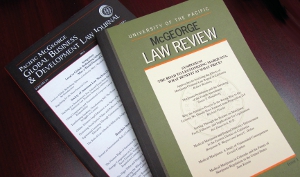Document Type
Article
Publication Date
2018
Abstract
Response to Michael H. Hoffheimer, The Stealth Revolution in Personal Jurisdiction
The Supreme Court did not grant review in a case involving personal jurisdiction between 1990 and 2010 at a time when our world flattened. Since then, the Court has decided six cases. In each, the Court has found that the assertion of jurisdiction violated due process. Several scholars, including Professor Hoffheimer, have called into question the Court’s begrudging approach to due process. In earlier scholarship, Professor Hoffheimer has taken the Court to task for narrowing access to federal court. In The Stealth Revolution in Personal Jurisdiction, Professor Hoffheimer returns to the Court’s personal jurisdiction case law in light of Bristol-Myers Squibb v. Superior Court (BMS), yet another jurisdiction-denying case. Here, Professor Hoffheimer does not merely repeat the previous critique, but has focused on another problem with the Court’s new due process analysis: the Court acts as if it is merely applying well-settled principles, when that is far from the truth. As Professor Hoffheimer develops, that is a false narrative. Below, I first discuss in broad strokes Professor Hoffheimer’s analysis and why it is an important contribution to the literature. Thereafter, I explore some questions that Professor Hoffheimer alluded to, but did not address head-on. Indeed, my hope is that he will turn his critical eye to those questions in the future.
Publication Title
Florida Law Review Forum
Volume
70
First Page
31
Recommended Citation
Michael Vitiello,
Reflections on Hoffheimer’s The Stealth Revolution in Personal Jurisdiction,
70
Fla. L. Rev. F.
31
(2018).
Available at:
https://scholarlycommons.pacific.edu/facultyarticles/597



